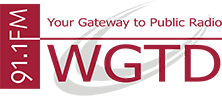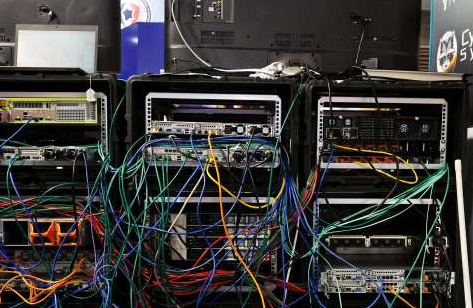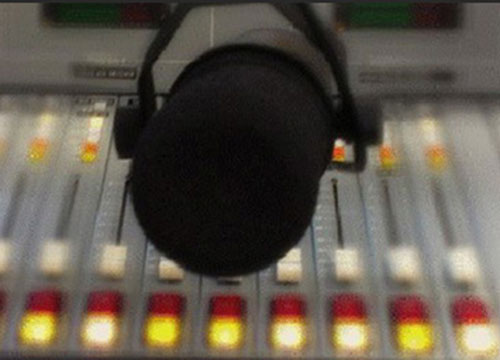Industry Leaders Claim Shortage While A Local Worker Says He Was Victimized By Visa Abuses
(WPR, WGTD)---During a visit to Kenosha Tuesday, President Donald Trump ordered the review of the H-1B program. H-1B is a federal visa program allowing employers to hire workers from outside the United States for specialty occupations.
Critics of the visa program say it allows employers to hire foreign employees at cheaper wages, undercutting American workers. But supporters say Wisconsin simply doesn't have enough trained tech workers.
Matt Cordio, founder of Startup Milwaukee and Skills Pipeline, said foreign worker visas aren't the only way to overcome that perceived shortage.
"Education of future tech workers starts in the K-12 classroom," Cordio said. "We have to make sure that coding is integrated into the curriculum from day one that a student enters into a classroom really."
Cordio said training domestic workers will require additional investment from companies.
Kurt Bauer, president of Wisconsin Manufacturers and Commerce, said limiting foreign worker visas could hurt companies that struggle to find qualified talent.
"I think you can make a strong case for expanding the H-1B visa program to allow more visas," Bauer said. "Right now it's capped at 80,000 per year and you could make an argument in some fields that you can go higher than that."
Bauer said employers in the state should continue to work with colleges and universities to develop a talent pipeline.
The executive order aims to shift the visa program from a lottery system to targeting jobs with a high need for skilled workers.
At least one company in southeast Wisconsin has been laying off American tech workers in favor of hiring presumably lower-paid foreign workers, according to what a laid-off employee told WGTD this week. The worker spoke on the condition that neither he or his former employer would be identified, saying he fears losing severance benefits.
Wisconsin Public Radio, © Copyright 2017, Board of Regents of the University of Wisconsin System and Wisconsin Educational Communications Board.


